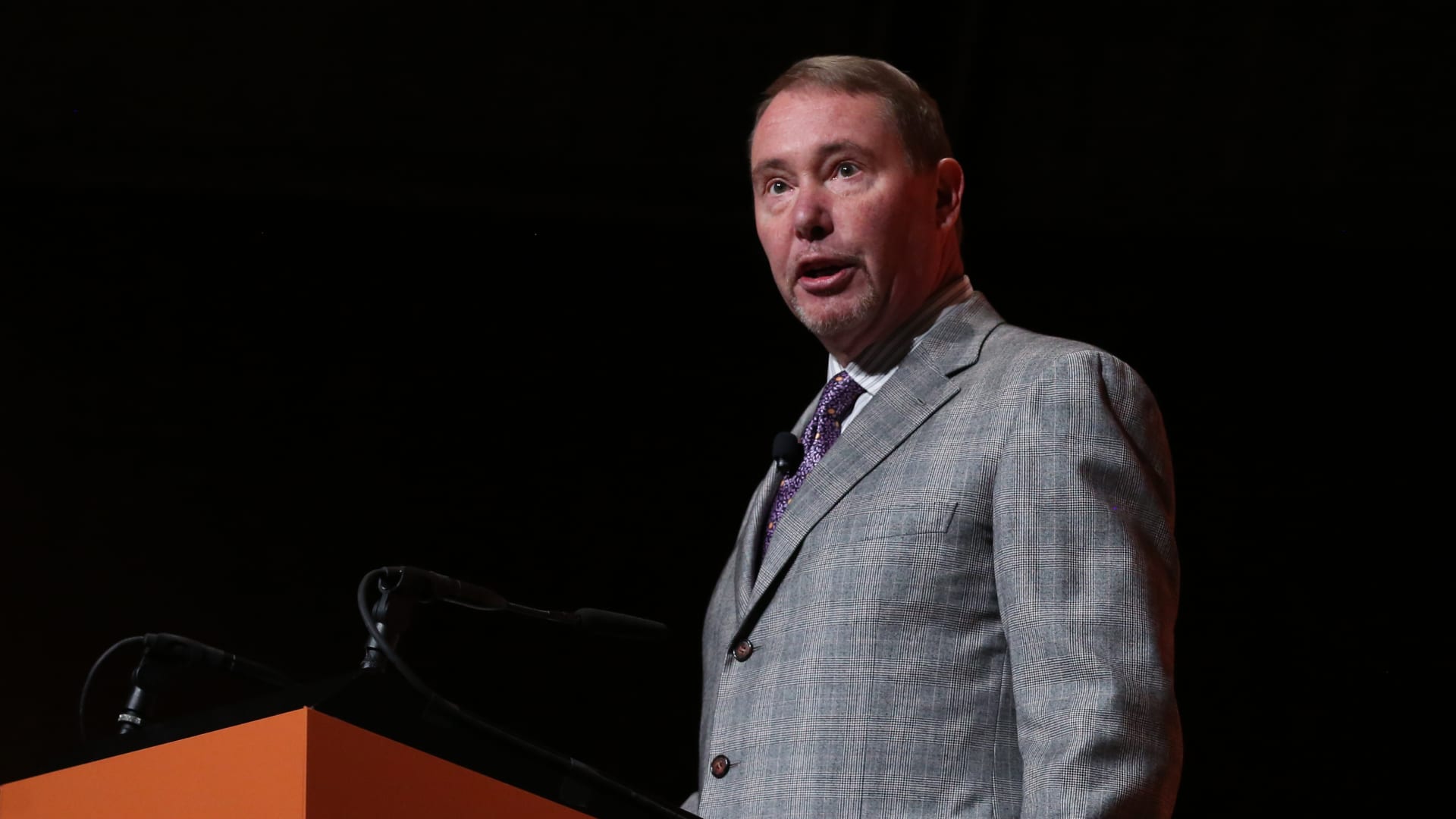Jeffrey Gundlach sees an economic downturn on the horizon, but he also sees an opportunity emerging for income investors. Gundlach, founder of DoubleLine Capital, sees interest rates falling as the U.S. economy moves into a recession in the first part of 2024 . Speaking on CNBC’s ” Closing Bell ” Wednesday, the “Bond King” said that a bond rally has already started – bonds’ prices move inversely to their yields – and that rates will come down on the short-end of the yield curve. However, investors seeking income may do well to step out a little further on the yield curve, rather than hiding in six-month Treasury bills and cash-like investments. Investors in holdings that are too short-dated may find themselves exposed to reinvestment risk as rates decline. That means they’ll have fewer options to find competitive yields. US6M US2Y 1Y line US 6-month T bill vs 2 year Treasury “I don’t like cash because I think that your interest rate, [while] very attractive presently, may decline quite substantially next year,” Gundlach said. He said investors could buy “the entire yield curve at this point.” Gundlach noted opportunities in closed-end funds – a type of mutual fund with a set number of shares that trades on the market like a stock, but at a premium or discount to the net asset value of its portfolio. These funds are seasonally weak due to tax-loss selling, and many are trading at discounts to their NAVs. “You can get yields without a lot of risk … 12%, 13% in the closed-end fund universe,” he said. Additionally, Gundlach sees opportunity in two- and three-year issues in credit card receivables as well as segments of the commercial real estate markets such as hotels and hospitality and leisure, which he says can offer yields of 7.5% to 8.5%, “without really any concern about defaults.” Gundlach’s comments came on the heels of billionaire Stanely Druckenmiller’s announcement at an investor conference last week that he bought “a massive leveraged position” in two-year Treasurys , after getting nervous about the health of the U.S. economy.
This story originally appeared on CNBC

